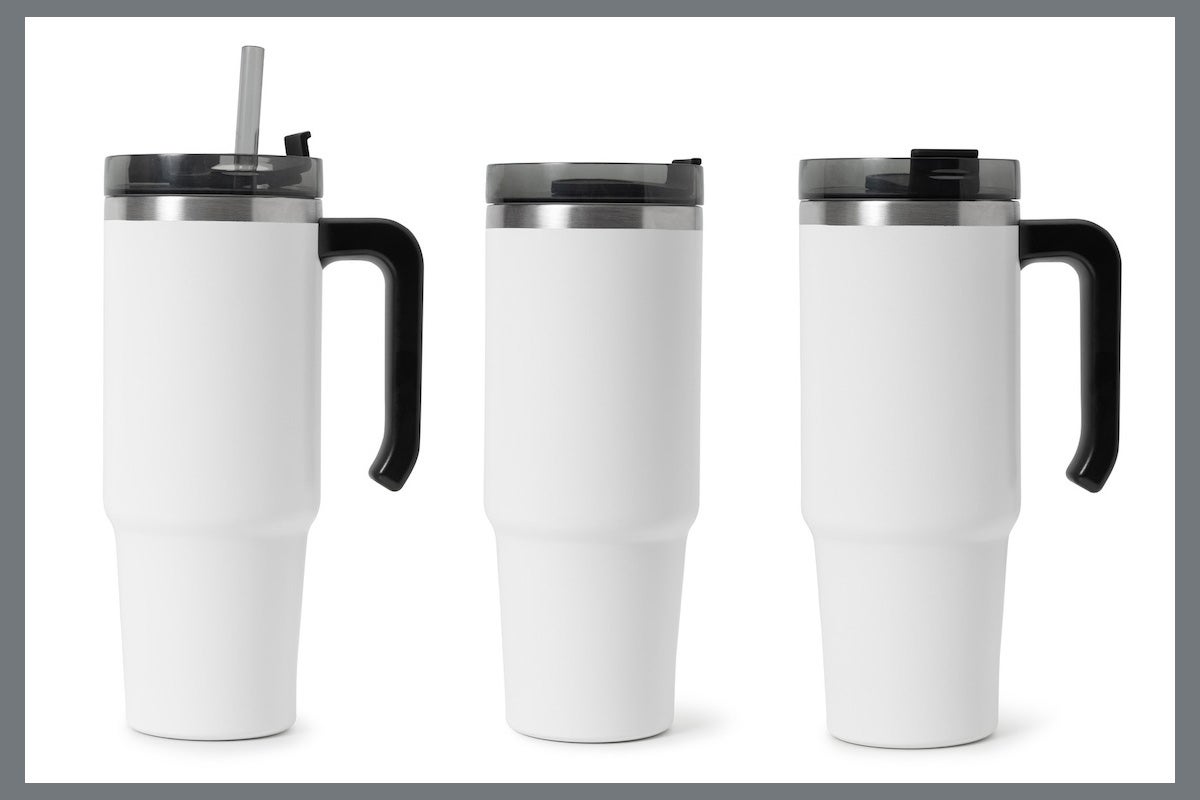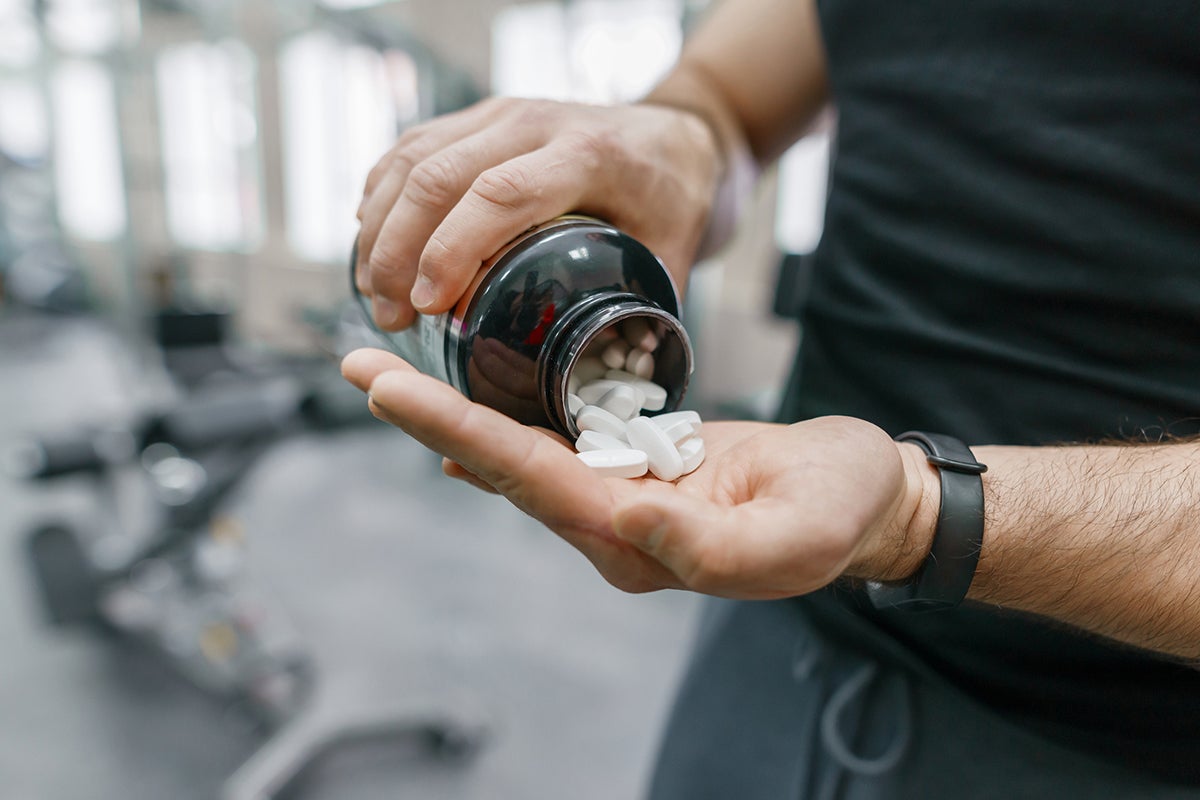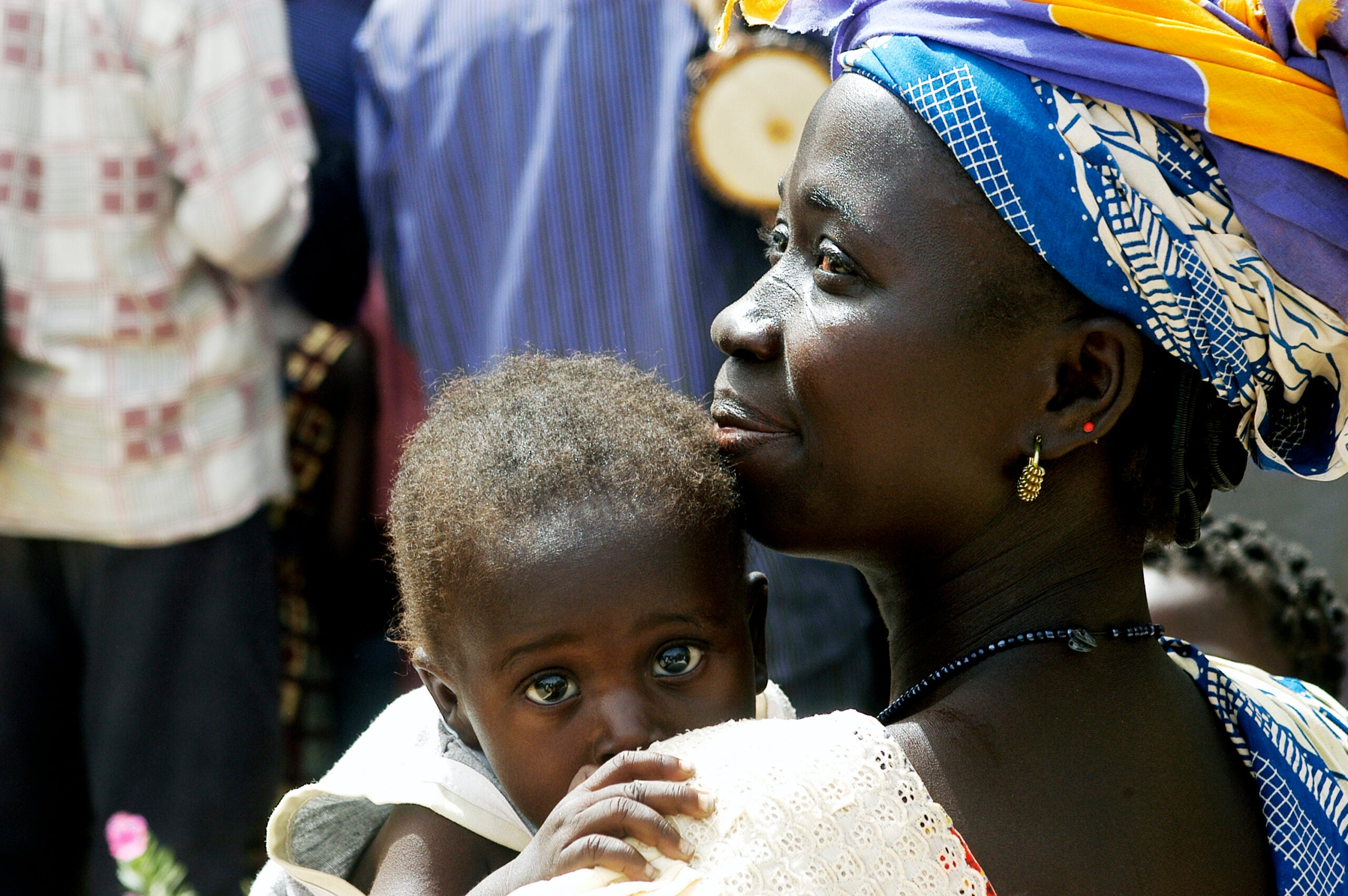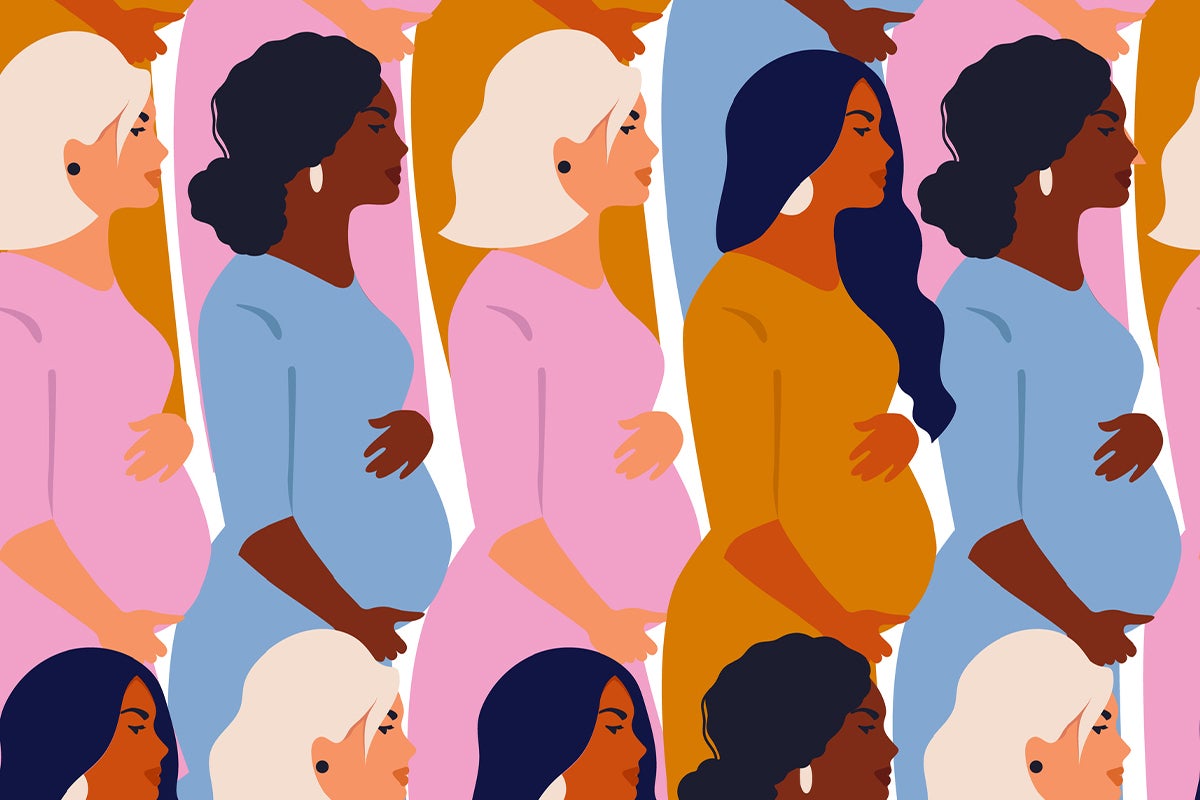Related Topics
‘Zero-food children’ common around the world
The prevalence of “zero-food children”—children between 6 and 23 months old who did not consume any milk, formula, or food in the last 24 hours—is as high as 21% in some countries, according to a new study led…

Assessing risk of lead exposure from insulated beverage containers
Amid concern raised by social media users about the potential risk of lead exposure from Stanley mugs, experts are weighing in on how serious the risk is and what consumers should watch for.

Migrant children in U.S. detention face physical, mental harms: report
Children detained for a prolonged period in family immigration detention centers in the U.S. are experiencing mental and physical harm due to inadequate and inappropriate medical care, according to a new report.

Use of weight-loss products high among adolescents
Around the world, nearly one in 10 adolescents have used nonprescribed, medically unapproved weight-loss products, according to a new study co-authored by Harvard Chan School's Bryn Austin.

Preeclampsia and preterm birth risk may be reduced by calcium dose lower than current WHO standard
To help prevent preeclampsia and preterm birth, low-dose calcium supplementation may be as effective as the World Health Organization's recommendation of high-dose calcium supplementation, according to a new study led by Harvard Chan School and collaborators in India…

Time spent in nature can boost physical and mental well-being
Spending time outdoors in green spaces has been linked with myriad physical and mental health benefits, including lower mortality, according to Harvard Chan School’s Heather Eliassen.

Social media platforms generate billions in annual ad revenue from U.S. youth
Social media platforms Facebook, Instagram, Snapchat, TikTok, X (formerly Twitter), and YouTube collectively derived nearly $11 billion in advertising revenue from U.S.-based users younger than 18 in 2022, according to a new Harvard Chan School study.

The importance of studying treatments in pregnant people
At the 16th Kolokotrones Symposium, experts discussed the importance of including pregnant people when testing vaccines and drugs, the challenges of collecting data for that population, and research methods that could help fill the data gap.

Top vaccinologists discuss respiratory viruses on Instagram Live
RSV, COVID-19, and flu—the season’s most worrisome respiratory viruses—were the focus of an hour-long Instagram Live conversation on December 14 between top vaccinologists Kizzmekia Corbett-Helaire and Barney Graham.

Stalled progress toward eliminating child marriage in India
Child marriage has declined in India—but across the country, one in five girls and nearly one in six boys are still married as children, and in recent years the practice has become more prevalent in some states/union territories,…
